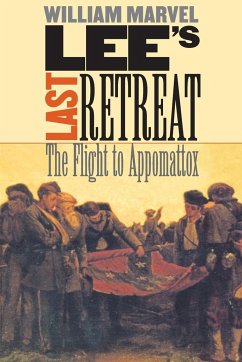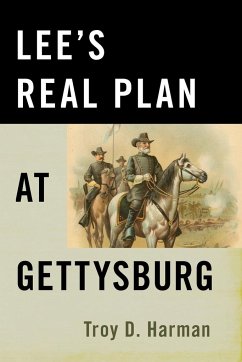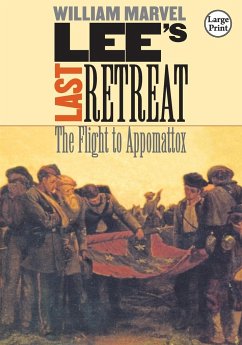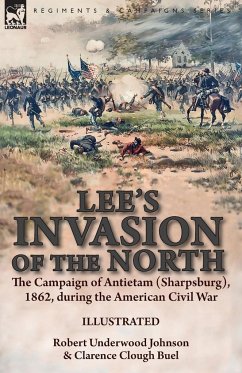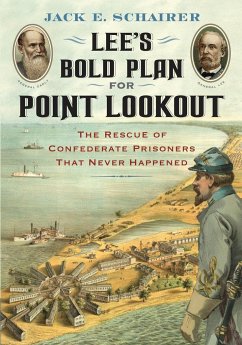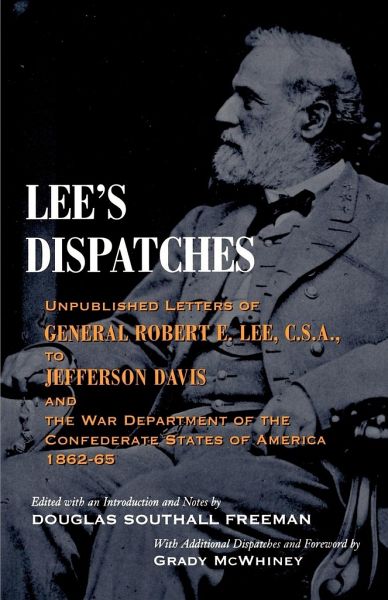
Lee's Dispatches
Unpublished Letters of General Robert E. Lee, C.S.A., to Jefferson Davis and the War Department of the Confederate Sta
Herausgeber: Freeman, Douglas Southall
Versandkostenfrei!
Versandfertig in 1-2 Wochen
41,99 €
inkl. MwSt.

PAYBACK Punkte
21 °P sammeln!
An important primary source for eighty years, Lee's Dispatches is now once again available to Civil War scholars, students, and enthusiasts. When first published in 1914, these letters, written between June 2, 1862, and April 1, 1865, put Lee's strategy in clearer perspective and shed new light on certain of his moves that had been in dispute. As Douglas Southall Freeman states in the Introduction, every written line of Lee's was a lesson in war. For example, the letters reveal that in 1862, when plans for the defense of Richmond were under review, the Confederate high command considered but r...
An important primary source for eighty years, Lee's Dispatches is now once again available to Civil War scholars, students, and enthusiasts. When first published in 1914, these letters, written between June 2, 1862, and April 1, 1865, put Lee's strategy in clearer perspective and shed new light on certain of his moves that had been in dispute. As Douglas Southall Freeman states in the Introduction, every written line of Lee's was a lesson in war. For example, the letters reveal that in 1862, when plans for the defense of Richmond were under review, the Confederate high command considered but rejected a bold proposal to strengthen Stonewall Jackson's army in the Shenandoah Valley, embark on a vigorous offensive campaign against the North, and, if necessary, abandon Richmond. Together these 215 dispatches offer a portrait of Lee that can otherwise be glimpsed only by sifting through hundreds of other letters scattered through the ponderous volumes of the Official Records. They fill in many important details about the leadership of the South's greatest general, especially about his close and always cooperative relationship with President Davis.



